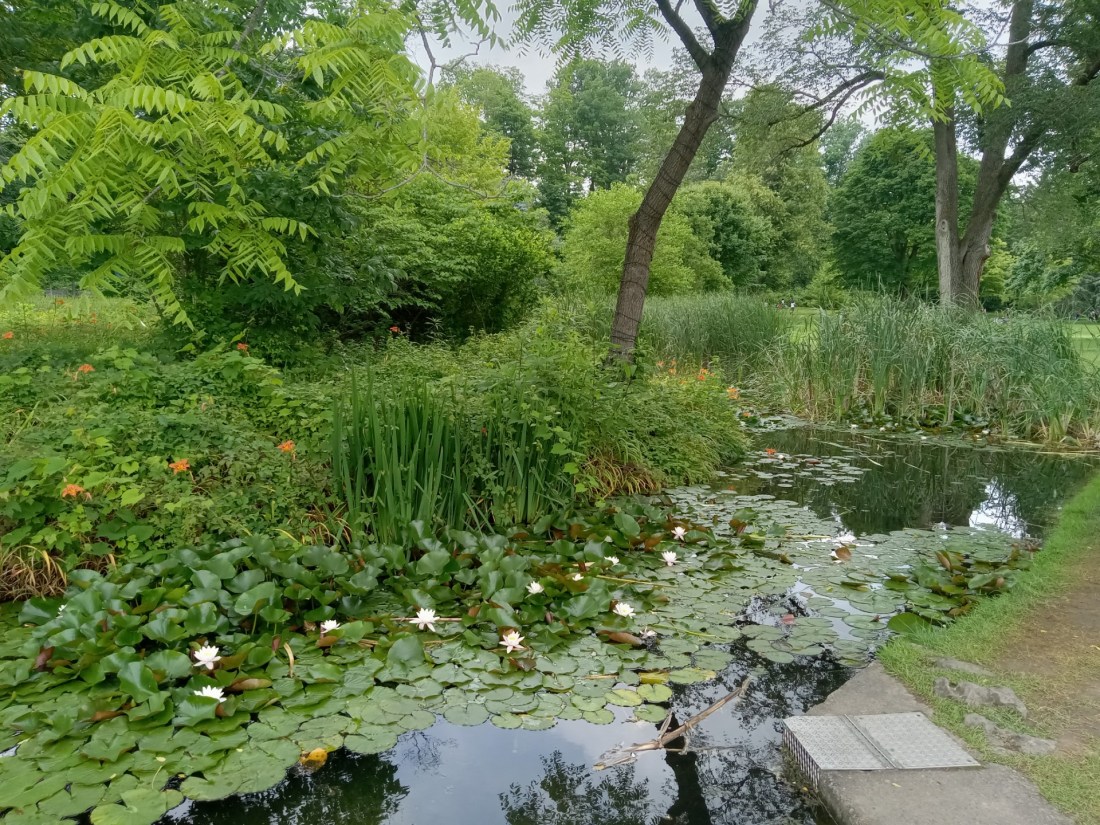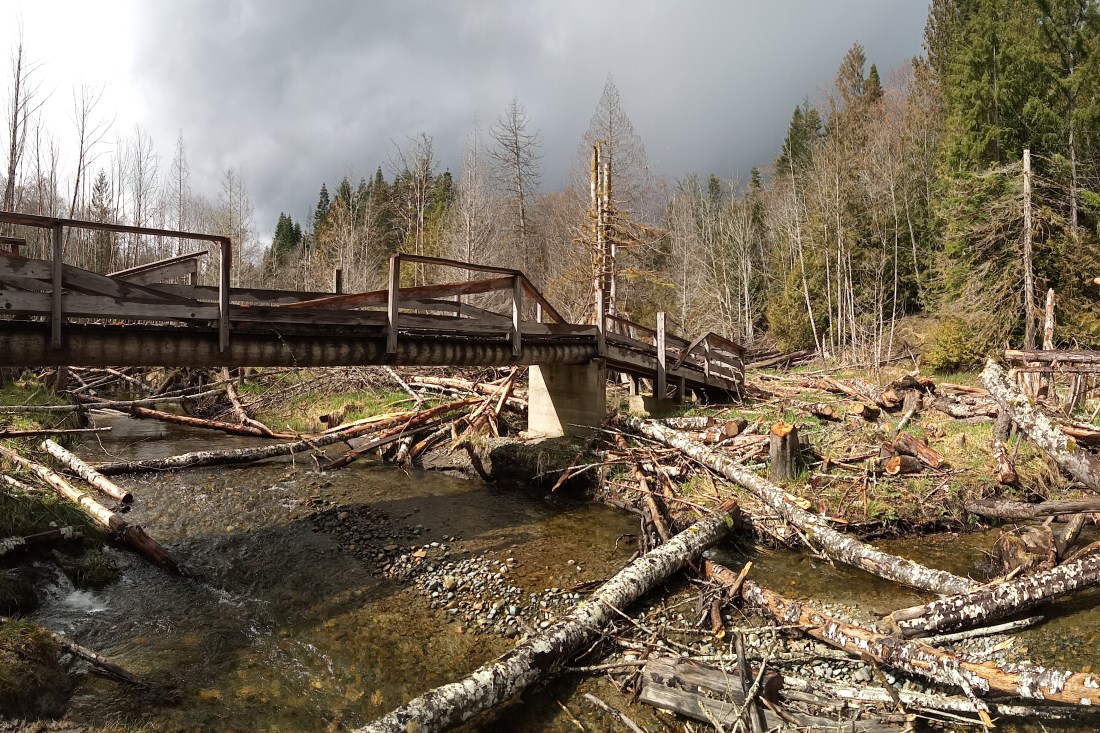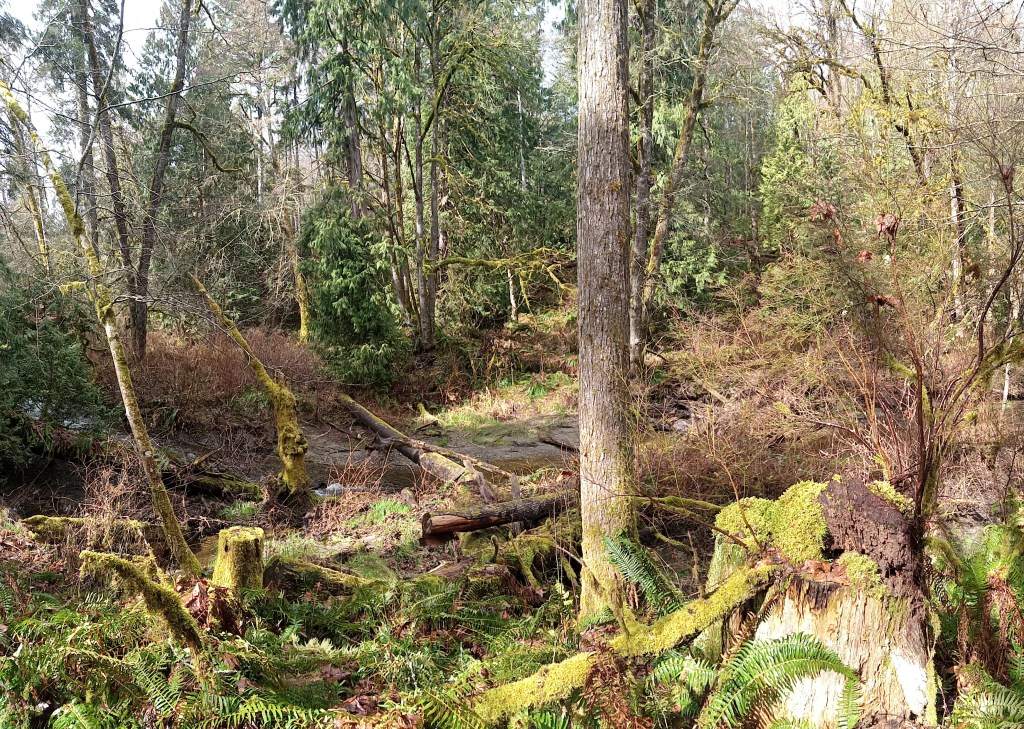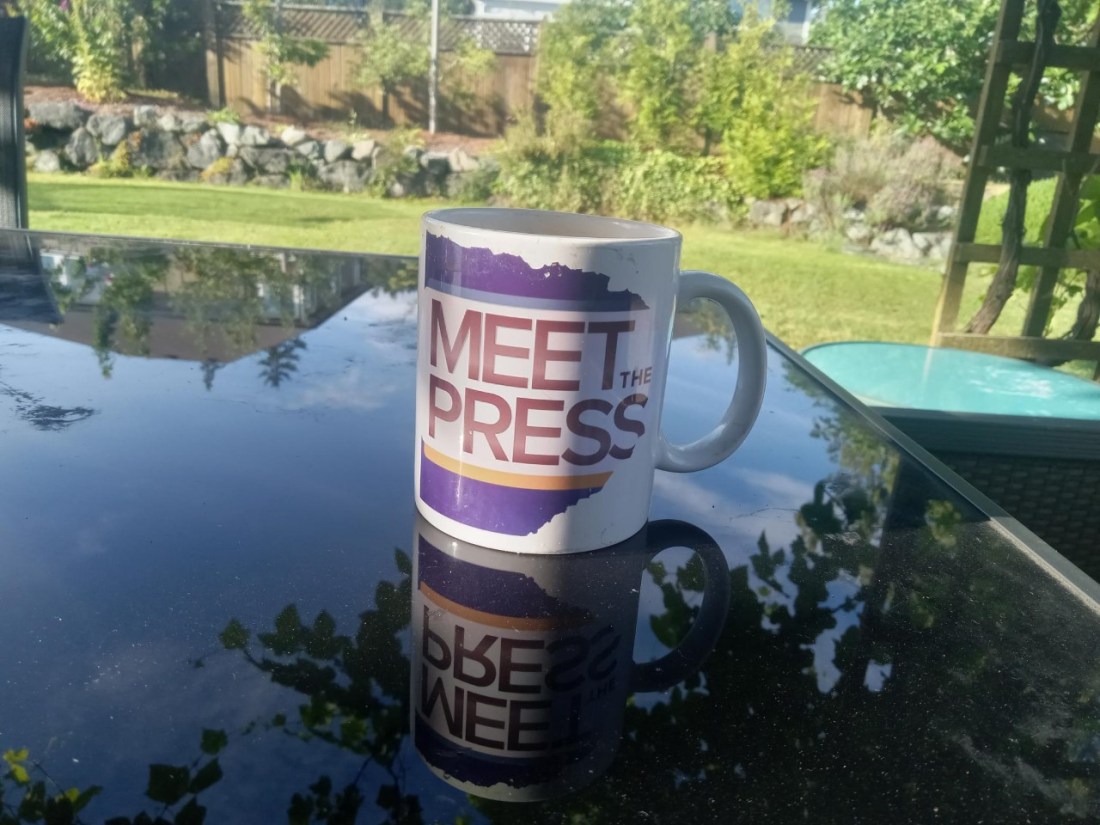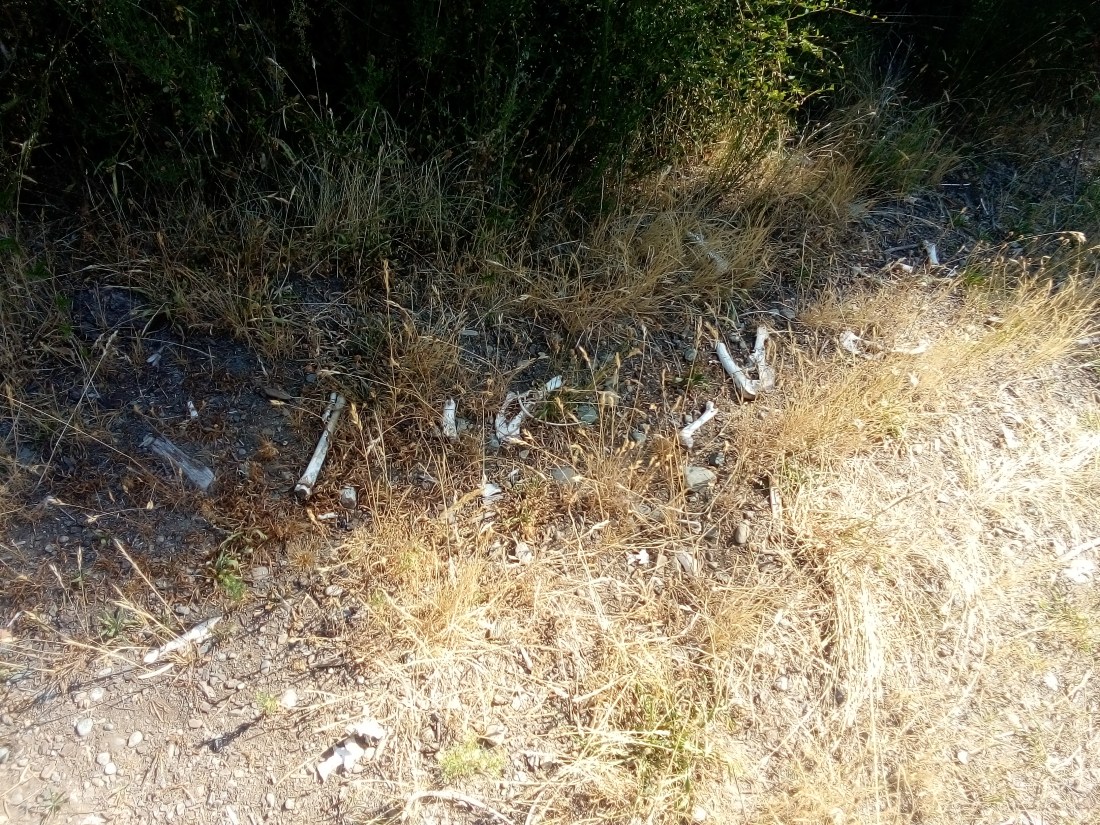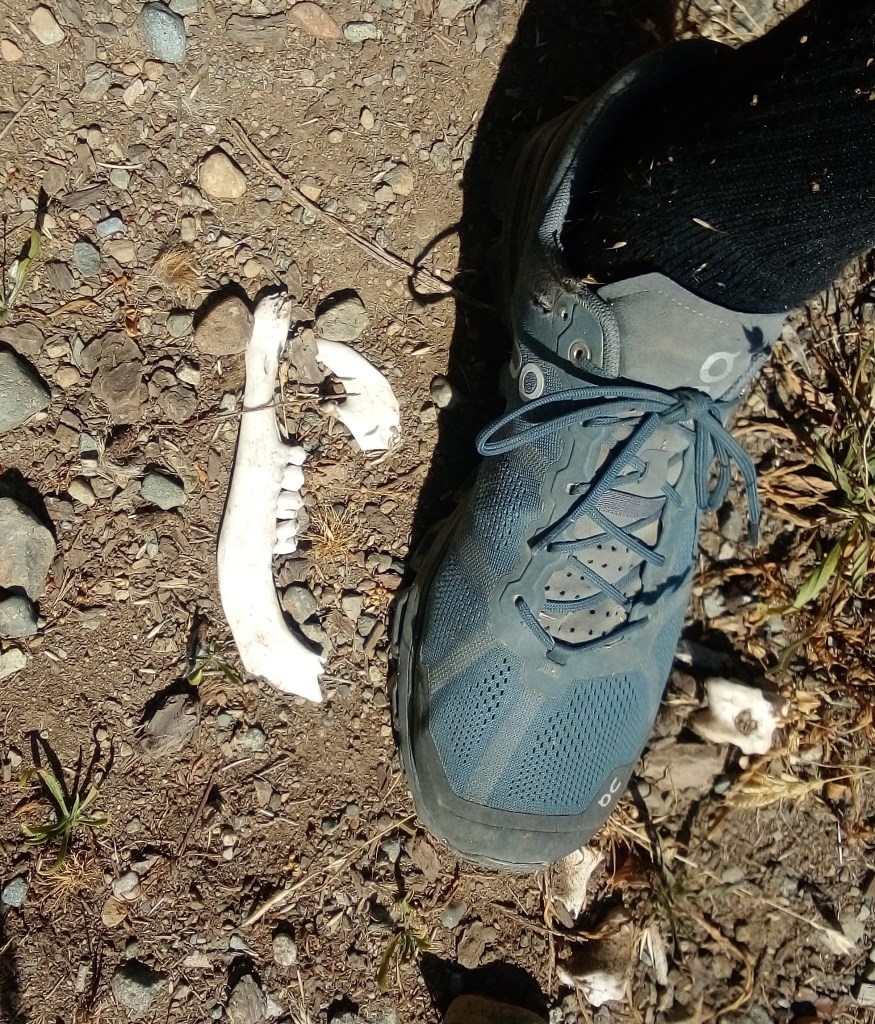My fiftieth birthday recedes daily, but it’s never far from my mind. If I live to be one hundred, then less than half my life remains.
I am impermanent, and the recognition of this impermanence colours my life.
I’m declining. Physically and mentally. Science, physics, and Arthur Brooks say so. In his book. From Strength to Strength, Brooks writes abut how our mental and physical capacities inevitably fade with time. However, Brooks, describes how the back half of our lives – the older years, can be filled with happiness and deep purpose, because the older we get, the better poised we are to serve others by mentoring and teaching, and as he writes, “to face decline – and even death – with courage and confidence.” [From Strength to Strength (arthurbrooks.com)]
Brooks writes about Buddha. Over the last year, I have become increasingly drawn to Buddhism, not as a religion, but as a system of thinking and way of being. Impermanence is at the heart of Buddhist philosophy. Both Buddha and Brooks caution us to be wary of attachment to things, be they cars or careers, because all things are fleeting.
I’ve attached myself to reading, writing, and running. I’ve defined myself in those terms, whether naming this website, or describing myself on the dating app in which I met my wife.
All three are at the core of my life, yet I could lose any one of them, at any time. Accident or injury make all three tenuous. One bad fall on a steep trail could crack my skull and rob me of reading, writing, and running. I can’t imagine life without them.
Actually, I can. We’ve been travelling this last week. Eight nights in Ontario, visiting family and friends.
Over the last week, I have not been a Reader, Writer, or Runner. Instead, I have been an Eater, Drinker, and Driver.
I let go of my attachment to clean eating and gorged on fried food and ice cream. I felt ill every time I did it. And did it over and over again.
I drank more over two nights than I have in the last six months. Gin and tonic, beer and wine, rye and coke. I drank only in part because I enjoy those tastes and flavours. I drank to let go. I drank to decompress. I drank for the buzz. I drank to enjoy a night with friends. A night I didn’t want to end. An evening later, and many miles away, I drank because my wife and I played ‘Name that Tune’ in a bar along a canal in the small town where I grew up. I drank there because it was fun, and I drank there to release my inhibitions, so I would get up and dance to earn extra points for our team. I drank because, a night of drinking the night before created momentum and it was easier to say yes to drinking because I’d said yes the night before.
I drove a lot in Ontario, mostly on the busy streets of Brampton, an endless processions of red lights, and constant gridlock. Two days of driving in Brampton, contributed to more than two strong drinks in Guelph, a picturesque city just outside the orbit of Toronto area traffic. I relished the drive to Guelph, through small towns and the countryside. We stopped in Rockwood, at a gazebo beside a river. We visit this park every year because it is lovely, and water flows alongside it.
The following day, on our way to the Niagara Region, we sat in traffic for what felt like forever, when an unseen accident, or the sheer volume of cars, ground the Queen Elizabeth Way to a halt. After more than five decades of life, most of them living in Ontario, and hundreds of trips on ‘the Q.E.W,’ it was my first trip on that highway since the Queen’s death. We finally escaped bumper to bumper traffic when an exit ramp led to fried food and ice cream, and an extreme hit of salt and sugar. Junk food momentum had attained peak velocity. My stomach still hurts.
Impermanence comes in handy when it comes to eating, drinking, and driving. I know that when we get back to Vancouver Island, my meals will be fresh, my drinks will be ice water, and it will take me a month of commuting to encounter as many red lights as I did during a week in Ontario.
Impermanence will remain on my mind. One of the best sports writers in the world is Joe Posnanski. A few days ago, he did not write about baseball or athletes, and instead about his now adult daughter, and how they went to a Taylor Swift concert together, and how Swift’s music had been the soundtrack of his daughter’s life, since she was a little girl. And while he loves his adult daughter more than anything, he misses his little girl. [Taylor-Made – by Joe Posnanski – JoeBlogs (substack.com)]
Every second of this trip I was conscious of the preciousness of having a young daughter. A special seven-year-old who crammed a year’s worth of fun, adventure, and tears into a single week. She shopped at a thrift store with her grandma and bought a five-dollar porcelain doll which she immediately treasured. Two days later that doll’s head was crushed by a reclining car seat. I saw her face the moment it happened. Pure distilled sadness. An ocean of tears. Tears that halted when our good friend, who also saw it happen, entered her home, and returned with another porcelain doll. One that had belonged to her mother. A doll that was decades old – a Barbara Ann Scott figure skating doll. A family heirloom passed from our friend’s family to ours. Barbara Ann is on the plane with us now. Likely her first time flying, en route to her new home in British Columbia.
I saw a lot of tears this week. My daughter was disconsolate when she had to say goodbye to her aunt. An aunt with whom she’d camped overnight for the first time ever in a Port Colborne backyard with a campfire, marshmallows and no mom and dad.
More tears flowed at The Mandarin restaurant when a straw and some Coca Cola dislodged a loose tooth. Blood streamed from her mouth. Not a lot, but enough to scare her. Mom took care of that quickly. Then I joked with her about how blood gushed from her mouth and people fled the restaurant in terror.
A few days later, in Niagara Falls, the Maze of Mirrors, induced real terror. Mom and Dad missed the clue in the title – MAZE! We thought we were entering a fun house where mirrors would shrink us, expand us, and make us laugh. Instead, it was an almost impossible to escape building, where mirrors made it appear as if we were everywhere all at once. My daughter shrieked and cried. We latched onto another dad and his little boy who were maze veterans and we exited on their coattails.
Laughter and fun overshadowed tears. My daughter went on the Ghoster Coaster at Canada’s Wonderland. She was scared, and she did it twice. It was her first roller coaster ride ever and I was proud. She played Pac Man for the first time. She swam in the hotel pool. The three of us jumped together at a trampoline park – the closest thing I got to a workout all week long. She hugged everyone over and over. She ate almost as much ice cream as I did. She said she wanted to move to Ontario. She didn’t want to leave her family behind.
All impermanent. She’s growing up, just like Joe Posnanski’s daughter. And the laughter and tears of this past week are already in the past.
We will land in a few hours and life will return to normal. Our home, our meals, our routines. I’ll be at work in a few days and my stress will return. My wife will return to her own more than full time job – managing the operation of our home and family. Her stress will return. My daughter will resume summer vacation, which as an adult, in retrospective, seems idyllic to me, but as a dad, I know will mean more moments of stress and tears for my little girl.
Every moment with my family and friends in Ontario was special. I miss my parents, and my brother and his wife and children. I miss them desperately and I miss them year-round. I entered this trip drained after a few months of nightshifts, and the stresses of a new job.
I finish this trip with a healthier soul, infused by family and friendship.
I finish this trip knowing I will return to reading, writing, and running. Despite their impermanence.
